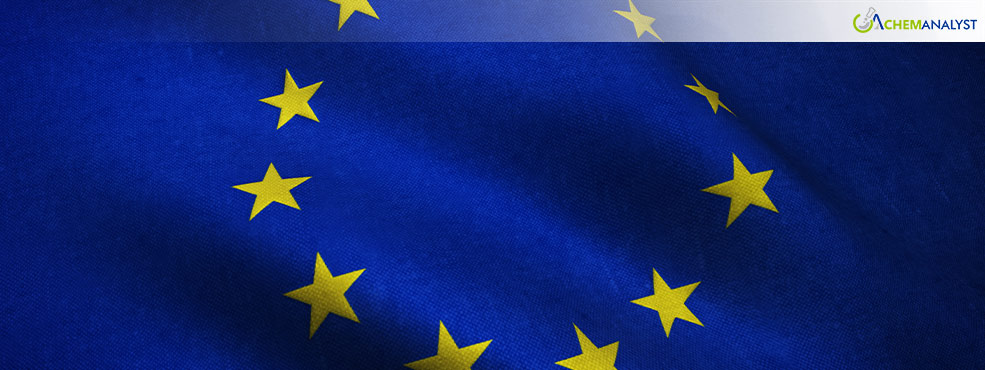Welcome To ChemAnalyst

The European Commission has given its stamp of approval to a €111.7 million state aid package from Greece, aimed at bolstering the production of renewable hydrogen. This substantial investment will support Motor Oil Hellas, a prominent Greek refinery company, in its ambitious “Green Hydrogen” project, marking a significant step towards decarbonizing the nation's mobility and industrial sectors.
Funded entirely through the Recovery and Resilience Facility (RRF), following the Commission's positive assessment of Greece's Recovery and Resilience Plan, this initiative underscores the EU's commitment to fostering a sustainable energy future. The project centers around the installation of a 50 MW electrolyser, powered exclusively by renewable energy sources. This electrolyser will be instrumental in producing renewable hydrogen for diverse applications, including powering vehicles and fueling industrial processes, such as the creation of sustainable fuels.
The Commission's approval comes after a rigorous assessment under EU State aid rules, specifically Article 107(3)(c) of the Treaty on the Functioning of the EU and the 2022 Guidelines on State aid for climate, environmental protection and energy (CEEAG). These guidelines ensure that state aid measures are carefully scrutinized to avoid undue distortions of competition within the single market.
The Commission's evaluation concluded that the Greek measure is both necessary and appropriate for achieving the EU's climate goals. It aligns perfectly with the REPowerEU Plan, a comprehensive strategy aimed at reducing reliance on fossil fuels and accelerating the transition to renewable energy. The project's contribution to reducing greenhouse gas emissions through the production and supply of renewable hydrogen was a key factor in the Commission's decision.
Furthermore, the Commission determined that the aid package is proportionate. The funding is limited to the minimum necessary to realize the project's objectives, and a claw-back mechanism is in place to recoup any excess profits that may arise. This ensures that taxpayer money is used efficiently and responsibly. The Commission also considered the potential impact on competition and trade between Member States, concluding that the measure's effects would be limited and would not unduly distort the market.
This substantial investment in renewable hydrogen production in Greece is expected to have a ripple effect, stimulating the development of a robust hydrogen market within the country. It will not only contribute to decarbonizing key sectors of the economy but also create new jobs and economic opportunities in the burgeoning green energy sector. The project serves as a concrete example of how EU member states can leverage the RRF to support strategic investments in clean technologies and accelerate the transition to a climate-neutral future.
We use cookies to deliver the best possible experience on our website. To learn more, visit our Privacy Policy. By continuing to use this site or by closing this box, you consent to our use of cookies. More info.
